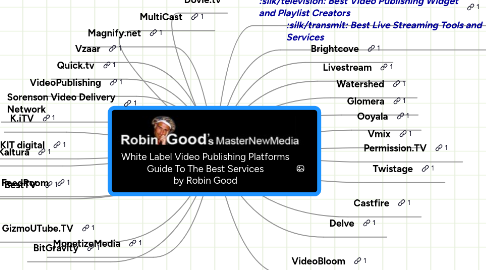Culture—the forgoing of long-term relationships with short-lived or single night “hook-ups”—is not only what young women need these days, it’s what they want in“Boys on the Side,” Rosin’s recent contribution to The Atlantic, she argues that hook-up. With many new expert possibilities, young women don’t have actually enough time or the persistence for a serious relationship.
Fifty-seven per cent of all of the Bachelor’s and 60 per cent of all of the Master’s levels are passed out to females. The role that is growing of in the workforce has changed their traditional profession alternatives. Research at the University of Minnesota and Texas at San Antonio revealed that, whenever guys are scarce, ladies delay having young ones and alternatively pursue careers that are high-paying. Women can be tinkering with various lifestyles and generally are using courtship in their hands that are own.
“To put it crudely, feminist progress at this time mostly is based on the existence of the hookup tradition,” writes Rosin. College-age women is now able to “study and work and date, and go on short-term intimacy”. They can experience opportunities that are many are not previously available to them.
Meghan Murphy, a learning pupil during the University of British Columbia and writer for Feminist active, disagrees.
Murphy points out that most of the ladies interviewed by Rosin come from a particular demographic—white middle-class. Murphy causes it to be clear that “low-income ladies and females of color are often excluded through the hook-up culture” and concerns Rosin on what culture that is hook-upcould be an unequivocally positive thing for ladies if such lots of the feminine populace is kept from it?” Murphy’s point implies that hook-up tradition is obviously producing a system that is hierarchical females: those that have to engage and people who cannot. Read more



